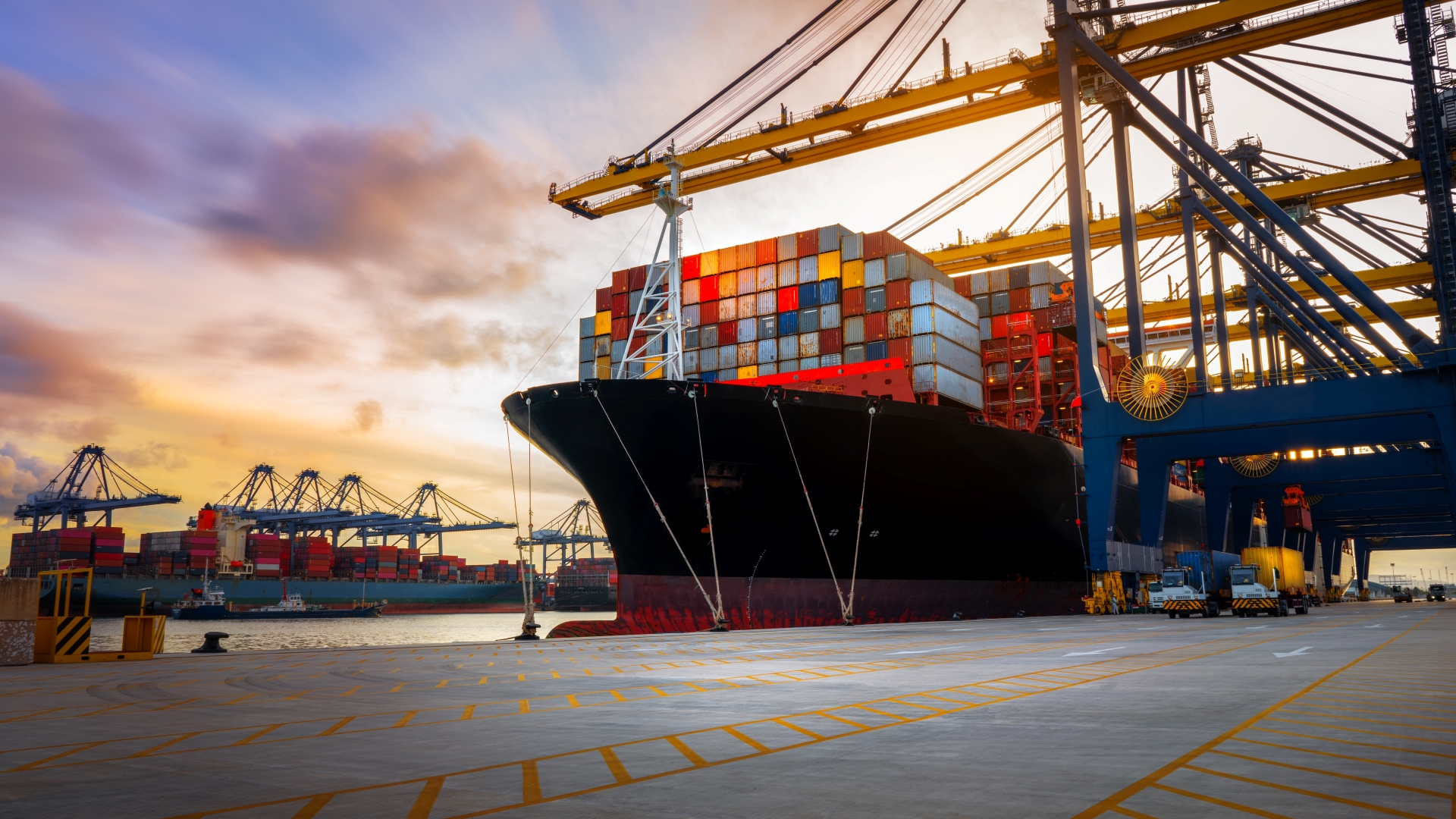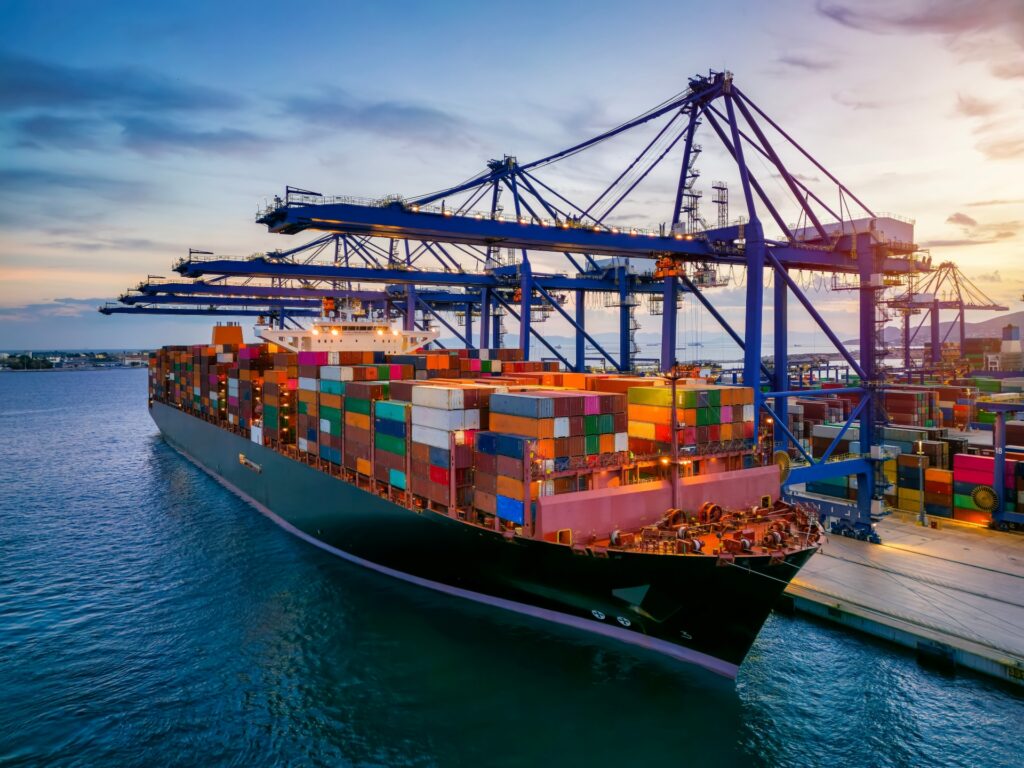In this article, Miguel Angel Bustamante Morales discusses the key differences between the Incoterms®2020 rules, EXW and FCA.
Miguel is an ICC certified trainer on the Incoterms® 2020 Rules and an active participant in the last three revisions of the Incoterms® Rules: 2000, 2010, and 2020.
The views and opinions expressed in this article are those of our authors and do not necessarily reflect the official policy or position of the ICC Academy or ICC.
Incoterms® Rules
Created by ICC in 1936, the Incoterms® rules are a set of trade rules. They are periodically reviewed and revised, with the Incoterms® 2020 as the most recent edition.
They provide to sellers and buyers or exporters and importers, international standardised trade terms that clearly define, important and relevant matters in a B2B sale of goods contract, such as the place of delivery of the goods and the transfer of risks for loss of or damage of the goods from the seller to the buyer.
Each of the eleven Incoterms® rules also provides clarity on:
- The costs that the seller and the buyer must assume
- Who, between seller and buyer, must contract for the transportation of the goods, including the security requirements for their transportation
- In some cases (CIP and CIF), responsibility for insurance coverage for the goods
- Who is responsible for completing export and import formalities
- Responsibility for packing, packaging, marking and the certifications of quality or weight of the goods
In this article, we will focus on just two of the rules: EXW and FCA. We will discuss their similarities and differences, including when each of them should be used.

Incoterms® 2020 Certificate
EXW or FCA
EXW and FCA are trade terms that have some similarities but still represent key differences and have specific uses.
EXW (Ex Works)
- Places the minimum obligation on the seller in terms of risks and costs
- Requires the seller to deliver and transfer risks and costs to the buyer typically at the seller’s own premises, without transporting the goods elsewhere or handling any customs formalities
- Is most suitable for domestic trade, as the seller’s responsibilities are very limited
- Although EXW technically may be used for international transactions, a number of complications can arise in relation to the export of the goods since any export responsibilities are for the buyer. Traders are strongly encouraged to consider using FCA instead of EXW where the goods are crossing a border
FCA (Free Carrier)
- Imposes two main obligations on the seller:
- Deliver the goods to the carrier or person nominated by the buyer at the agreed place and point
- Carry out the export clearance of the goods
Read the article: Incoterms® 2020 vs 2010: What’s changed?
Understanding EXW (Ex Works)
EXW means that the seller delivers the goods typically at their own premises, transferring the risk of loss of or damage to the buyer, once the goods are ready to be loaded onto the vehicle sent by the buyer. The loading of the goods onto the buyer’s vehicle is done at the buyer’s expense and risk. The buyer is responsible for handling any export formalities, which can lead to complications for both parties. Parties are therefore encouraged to think carefully about whether using EXW is appropriate where goods are crossing a border.
Basic obligations of the buyer and seller under EXW
- The seller delivers the goods typically their own premises (warehouse, factory, shop) by making them available to the buyer, ready for loading onto the collecting vehicle arranged by the buyer.
- EXW applies to any mode of transportation or a combination of transport methods, with the buyer responsible for arranging the transport contract with the carrier.
- The seller must comply with security requirements related to the transportation of the goods
- The buyer has the obligation to handle any export clearance process, which can be difficult and lead to complications for both parties (for example, a seller may be considered an exporter of record if a buyer is not also established in the seller’s country).
When do you use EXW?
As a seller, if you want to deliver goods at your premises without handling export formalities or loading the buyer’s vehicle, EXW could be the preferred option. However, given the possible complications that arise in a non-domestic use of EXW (see above), parties are encouraged to consider using the Incoterms® rule FCA instead.

Incoterms® 2020 Certificate
Understanding FCA (Free Carrier)
FCA means that seller delivers the goods and transfers the risks of loss or damage to the buyer at the agreed place and point, upon handing them over to the carrier or the buyer’s designated person.
- If the agreed place is the seller’s premises, the seller fulfils their delivery obligation by loading the goods onto the buyer’s collecting vehicle
- If the agreed place is elsewhere, such as an airport cargo terminal, a train terminal, or a port container terminal, the seller fulfils their obligation by delivering the goods to the carrier or buyer’s designated person, ready to be unloaded from the transport vehicle used to reach that location
In either case, the seller is responsible for completing the export formalities.
Basic obligations of the buyer and seller under FCA
- The parties may agree on one of two delivery and risk transfer points: the seller’s premises or another designated place.
- FCA is suitable for any mode of transportation, including multimodal shipments involving two or more different modes of transportation.
- As multimodal shipments, particularly for container transport, are increasingly common, FCA is well-suited for this practice.
- The seller may deliver and transfer the risk at their premises (i.e. warehouse, factory, shop) after loading the goods onto the buyer’s collecting vehicle, or at another agreed location (i.e. airport, train station, or port), where the goods are ready to be unloaded from the transport.
- In either case, the seller is responsible for export clearance and ensuring compliance with security requirements for the goods’ transport.
- The buyer is responsible for arranging transport and import formalities, if any.
When do you use FCA?
FCA for sellers at their premises
- Suitable when the seller delivers goods at their own premises
- The seller is responsible for loading the goods onto the vehicle sent and hired by the buyer
- The seller also handles export clearance
FCA for sellers at another agreed location
- Applies when delivery is at another agreed location, such as an airport of departure
- The seller delivers the goods to the carrier or person designated by the buyer, with the goods ready to be unloaded from seller’s vehicle (e.g. a truck)
- The seller completes export formalities
- The buyer is responsible for unloading the goods from the seller’s vehicle (e.g. a truck) and then loading them onto the next mode of transport (e.g. an aircraft)
FCA for buyers
- A buyer may negotiate with the seller for an FCA contract when they want delivery at the seller’s premises or agreed point
- The buyer is responsible for contracting transportation and handling import formalities.
Comparative analysis of EXW and FCA
EXW costs cover only the value of their goods and their packaging.
FCA costs, including the value of their goods, their packaging, and the cost of loading the goods onto the collecting vehicle (if delivery occurs at seller’s premises) and the cost of export formalities. Transport costs beyond the FCA delivery point are not included and are the responsibility of the buyer.
Use cases
EXW is the appropriate rule when the seller is not willing to transport the goods to any other place but their own premises, and is most safely used for domestic sales, where the goods are not intended for export.
Or, when seller and buyer are within the same Customs Union, for example, the European Union, where there is no obligation for the seller to carry out export clearance or clearance within third countries through which the goods pass in transit. In fact, there are no customs duties between member states or charges with a similar effect between EU member states.
EXW:
- Represents minimal obligations for the seller and maximum responsibilities for the buyer.
- The buyer assumes all risks and costs from the moment the seller delivers the goods at the agreed location, ready for loading onto the buyer’s vehicle.
For example: The seller is in the province of La Rioja in Spain and the buyer is in Prague, Czech Republic. The goods are red wines to be transported in refrigerated containers, and the parties sign a contract of sale as follows: EXW Avenida de Fuenmayor 11, 26350 Cenicero La Rioja Spain, Incoterms 2020.
The seller delivers the goods by placing them at the buyer’s disposal at the agreed address, i.e. Avenida Fuenmayor 11, 26350 Cenicero, La Rioja, Spain, not loaded on any collecting vehicle. Therefore, the buyer must carry out the loading operation at its own risk and expense.
At that moment, the seller transfers all risks for loss of or damage and costs to the buyer. The buyer contracts and arranges the carriage of the goods from the seller’s premises to Prague, Czech Republic, and the seller must provide assistance to the buyer with information of transport-related security requirements.
Since both parties are members of the European Union, they are exempt from export, transit and import customs formalities, unless otherwise stated by their customs authorities, which may require specific official documents such as licenses or pre-shipment inspections. In such cases, the seller must assist the buyer, at buyer’s risk and cost, in obtaining any such document and/or information.
EXW is the appropriate rule when goods are transported in containers or in pallets and any mode of transportation or the combination of at least two different modes of transportation.
FCA:
- Suitable for contracts where the seller is responsible for delivering goods to a carrier or a location designated by the buyer, with export formalities completed by the seller.
For instance: The seller is in Puerto Rico, and the buyer is in France. The goods are aged rum, to be transported in two containers of 20 feet. The parties agree a contract of sale as follows: FCA San Juan International Airport, Puerto Rico, Incoterms 2020.
The seller transports the containers to San Juan Airport and delivers them to the carrier or person designated by the buyer. The seller also transfers the risks and costs to the buyer with export formalities completed. The buyer assumes responsibility for transporting the goods from San Juan International Airport and to the final destination – Charles De Gaule Airport in France. The buyer must handle import clearance in France and transport the containers to their final destination anywhere in France.
Choosing the right Incoterms® rule
There is no right or wrong Incoterms® rule; the key is selecting the most appropriate one.
After having analysed pros and cons of EXW and FCA, the parties can make an informed decision based on their specific needs.
Importers and exporters can further explore the usage of these terms and deepen their knowledge (and support their decisions) by looking at the different courses and certifications provided by ICC Academy. These resources were developed by certified trade experts and based on the Incoterms® 2020 version, publication 723 of the ICC.




